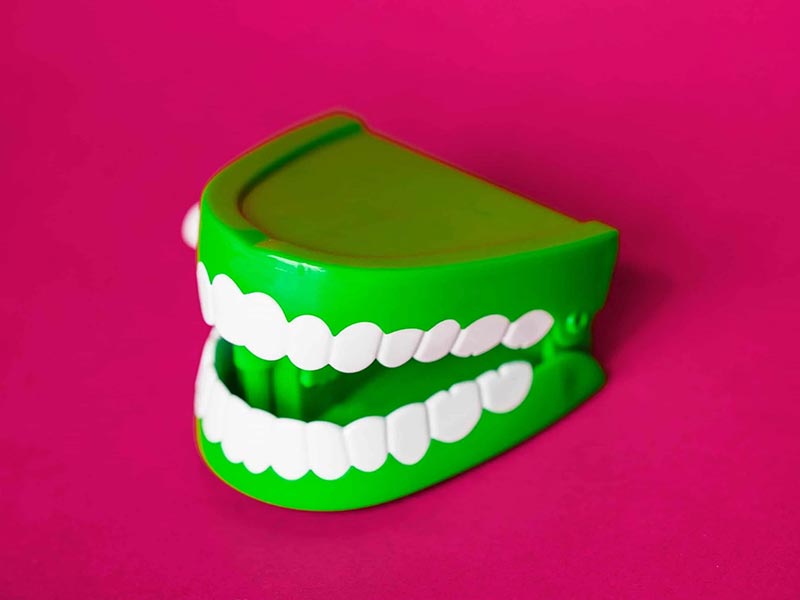5 Dental Myths Dispelled!

There are some common misconceptions related to dental health that we as professionals encounter over and over again. Following are five of the most common myths we encounter at Dr Curtis Roy & Associates in Lafayette, LA and how we respond when they come up.
Myth #1: Dental Care Isn’t Really Important for My Child Because His Baby Teeth Will Just Fall Out and Be Replaced With New Ones Anyway.
First of all, our lifelong habits are formed in our earliest years. If parents value dental health, make dental care part of their children’s daily routines from the earliest ages and take their children to see the dentist twice each year it will imprint upon their children a lasting pattern of behavior that may impact their habits throughout their lifetimes. For this reason alone, early dental health intervention is invaluable.
There are other reasons parents should stress at-home and clinical dental care, as well. Prematurely losing “baby” teeth to caries can hinder the proper growth and development of permanent teeth. Plus, even though their teeth are temporary and will eventually fall out and be replaced with permanent teeth, cavities are painful and problematic all the same. Because children are more likely to indulge in sugary treats than adults and are less likely to do a thorough job with oral hygiene on their own, they are more prone to cavities. So, professional cleanings prove most beneficial in preventing tooth decay along with the associated pain and suffering.
Myth #2: I Don’t Need to See the Dentist Unless I See or Feel a Problem With My Teeth.
Look at it this way: Would you rather wait until your car breaks down on the highway or maintain it so that it never does so? It’s the same with your mouth. Dental professionals are able to detect potential problems with your teeth and mouth before you are. With regular maintenance, you can prevent “emergencies” from occurring, saving yourself time, money and the hassle that occurs when you have to go in for a procedure. Preventative, proactive maintenance is always easier, less costly and more convenient than reactive treatment.
Myth #3: Pregnant Women Shouldn’t See the Dentist.
Nothing could be further from the truth. In fact, because of hormonal changes in the body, pregnant women are at a high risk for cavities and other dental maladies. It is actually recommended that women visit their dentist at least once during pregnancy because of this heightened risk. Do tell your dentist if you are pregnant. He or she will know to avoid ordering X-rays or prescribing contraindicative medications.
Myth #4: It Doesn’t Really Matter What Kind of Toothbrush or Toothpaste I Use.
Actually, it does. The most common mistake people make is using a toothbrush that’s too rough. Especially if you do a lot of brushing or if you brush especially vigorously, a hard-bristle brush can wear away your teeth’s protective enamel and erode your gum tissue. A brush labeled “soft” is always a better choice. Our practice recommends a special electric brush called the Roto-dent, which is clinically proven to remove more plaque and tartar than a standard brush. But, whatever brush you choose, make sure it is something you are comfortable using at least twice a day and that it isn’t damaging your enamel and gums. You dentist will be able to tell through examination whether your choice of brush is causing you harm.
Myth #4: Flossing Isn’t a Necessary Part of My Daily Routine.
Even the best toothbrush can’t reach all of the spaces between our teeth. Cavities form most often in the areas where your teeth touch. Food particles can get trapped in hard-to-reach spaces between the teeth, and the only way to effectively reach them is with dental floss. Make flossing a part of your daily routine or at least make it as frequent as you can manage.
NOTE: The content on this blog is not intended to be a substitute for professional medical advice, diagnosis, or treatment. Always seek the advice of qualified health providers with questions you may have regarding medical conditions.


